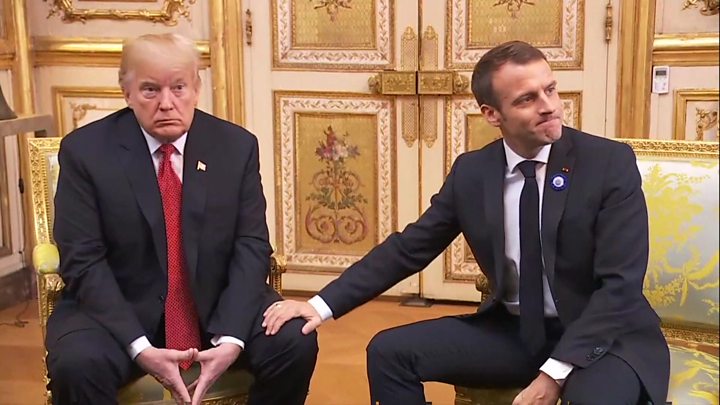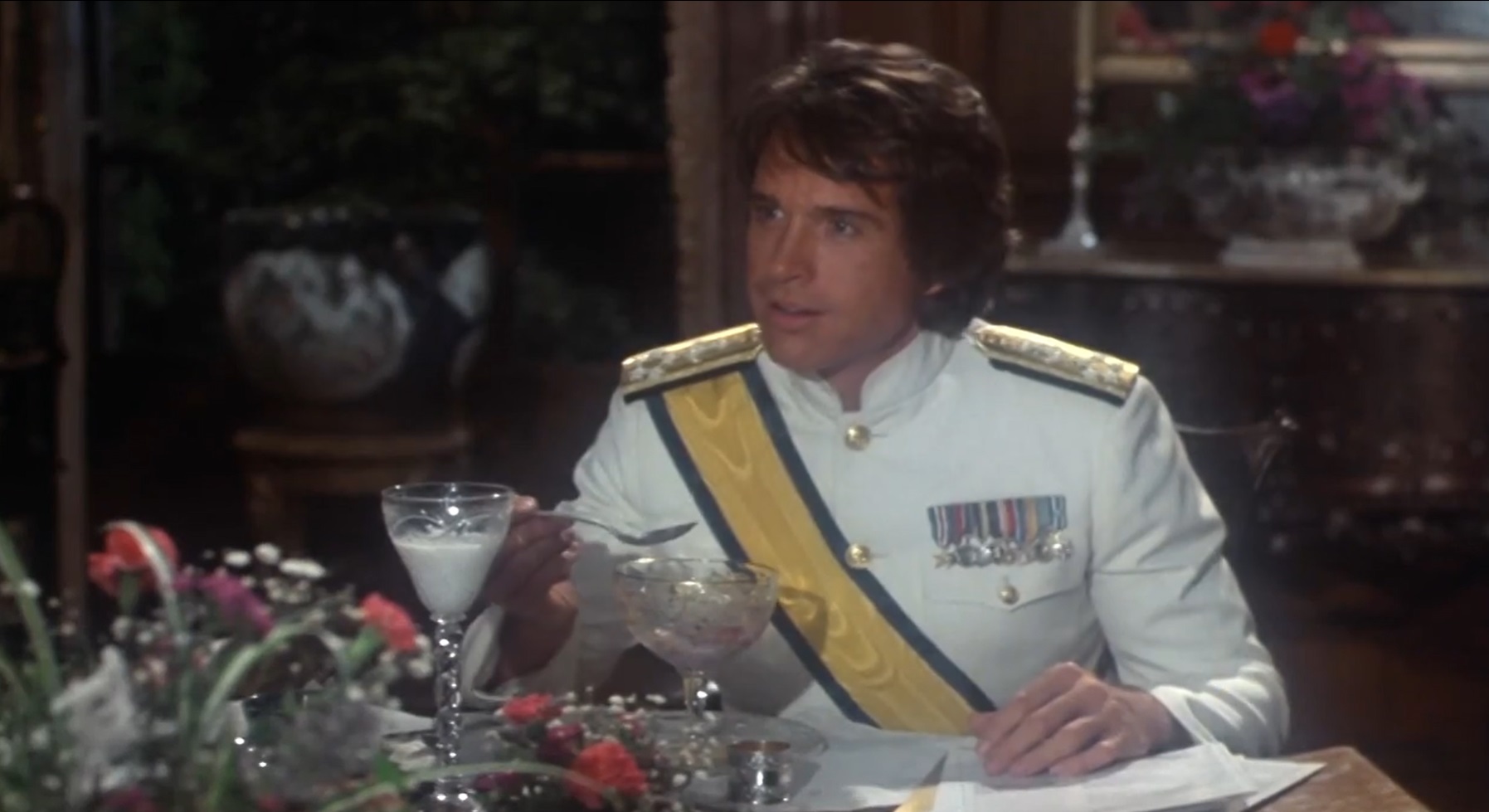
By Sarah Safa*
During the latest visit of President Trump to the French Capital on November the 13th, two days after the commemoration ceremonies of the 1918 armistice, a controversy was raised over a Tweet that was posted by his French counterpart, Mr. Macron, in which he revealed that the EU aims to create its own army.
A tweet that was described as “insulting” by the American President and that unleashed his fury, driving him to harshly criticize France by stating in different tweets the following: “Emmanuel Macron suggests building its own army to protect Europe against the US., China and Russia. But it was Germany in World Wars One and Two-How did that work for France? they were starting to learn German in Paris before the U. S. came along. Pay for NATO or not!”
Another remarkable tweet, hitting out at President’s Macron’s popularity: “The problem is that Emmanuel suffers from a very low Approval rating in France, 26%, and an unemployment rate of almost 10%. He was just trying to get onto another subject. By the way, there is no country more Nationalist than France, very proud people and rightfully so!........”.
Few days later, German chancellor Angela Merkel headed to Strasbourg for the meeting of the European Parliament during which she backed Macron by calling for a “real, true European army”, adding that this new military union is not and won’t stand against the NATO but would just be a complementary to it. “
This European decision, which appeared to be serious after being clearly announced by the German chancellor in a long speech addressed to the EU parliament, has not pleased the US government. It clearly reflects today a real European intention to take stances that holds back the American influence in Europe by taking distance and gaining back sovereignty in order to protect the European interests from the American hegemony.
European’s interests today don’t coincide with the American interests anymore, American foreign policy has been even recently described as hostile to its allies, for this reason, European leaders seem to be annoyed with their dependence on the US and specially when it comes to major decisions related to war or peace.
Such policy shift, could be related to many reasons, starting with the US clear request from the European countries to pay for their security and to financially contribute more to the NATO, its retreat from the Paris Agreement which releases the US from financially contributing to the organization.
The imposition of sanctions on European countries and on Canada after a failed G7 summit that took place in Quebec, and drove President Trump to just leave the meeting in anger then degrading his European and Canadian counterparts. That was followed by the imposition of new tariffs on European and Canadian goods like steel and aluminum amidst Sino-American commercial tensions.
The American retreat from the JCPOA with threats of implementing sanctions against any country ready to deal with Iran, what drove so many European corporations and investors to retreat and resign from projects and deals that were already signed.
The US annoyance of the Russian advantage when it comes to the sale of gas in Europe, then insisting on the EU members to buy the American gas instead of the Russia, a step that would have very bad consequences on the EU economy who is amongst the first importers of cheap Russian gas and whose imports reach a percentage of more than 70%.
Add to this, the United states’ decision to impose sanctions over the Germano-Russian Nord stream 2 and its repeated calls to Germany to abandon the project, and most lately, at the NATO Summit that was held on July the 11th of this year.
From the other side, The US complaint about not meeting any advantage from the bilateral trades with the EU and accuse the EU of closing its market in front of the US goods, like for example not able to drill the European automobile market because of the German competition in this field of industry. Or not being able to export its wine to the EU market etc…
On the edge of a very controversial Brexit, and amidst still an unclear evolvement of the Sino American commercial war, and American European tensions, an undetermined “status quo” in the Middle East and very uncertain circumstances in Latin America, the first economy and military power in the world today is going through a hard-transitional period. And with a very fickle internal political situation inside the US administration brought into surface after the success of the Democrats in taking over the house of representatives, a new world order is taking place and with its deployment, lot of prospects and potential conflicts and clashes are existent possibilities at the table, but up until now, it is still hard to figure out, how the situation will turn out to be.
References:
* Sarah Safa is a Journalist and International Relations Research





